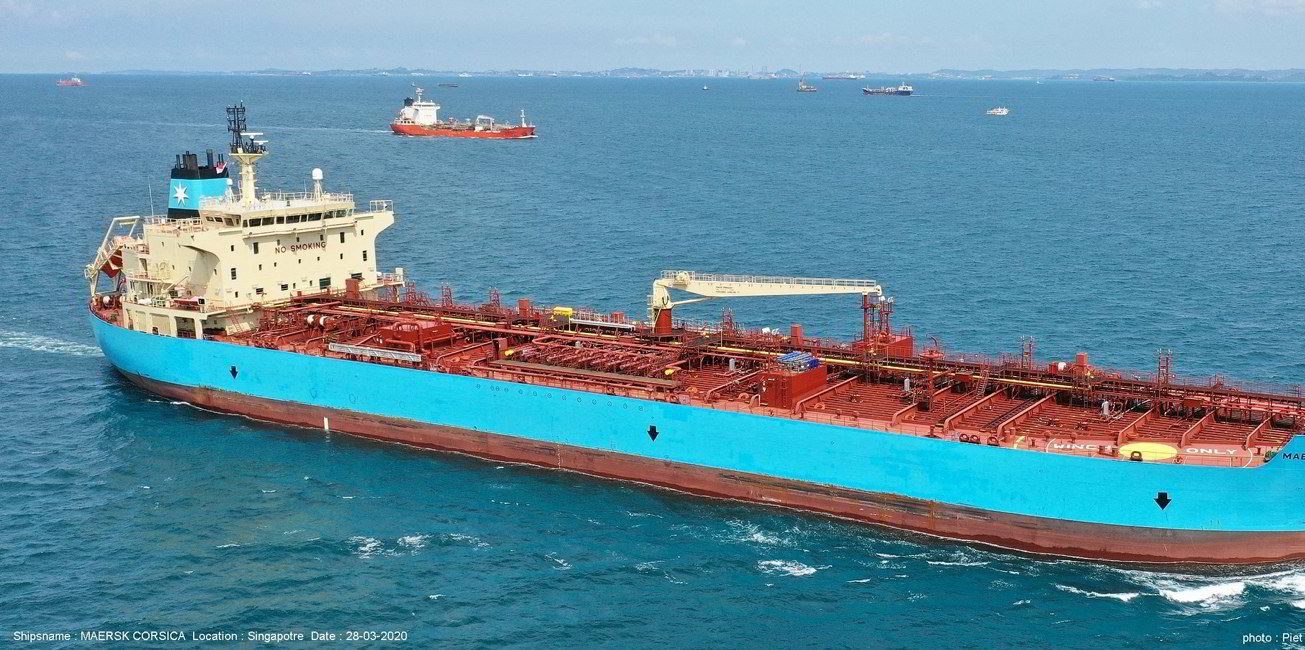The Maersk Tankers vessel barred from a Spanish port over a Russian sanctions breach is free to call at European Union ports again after discharging its cargo, the company said.
The 51,600-dwt Maersk Magellan (built 2010) discharged its cargo of vacuum gasoil (VGO) in a ship-to-ship transfer in international waters off the Greek coast this week, according to the company and ship tracking data.
The vessel afterwards called into Greece’s Vatika Bay for a crew change and supplies before heading for its next voyage.
“The cargo has now been discharged from the vessel, and the vessel is again free to move into EU ports,” pool operator Maersk Tankers said.
Challenging voyage
“This marks the end of a challenging voyage, which has again confirmed how much diligence is required to navigate the constantly changing sanctions landscape.
“We are continuously taking learnings and implementing them into our procedures to ensure that we comply with sanctions.”
The Maersk Product Tankers-owned ship was turned away from the port of Tarragona two months ago after receiving the cargo that had been previously carried by a former Russian-flagged carrier.
The Spanish government said the attempt to unload was an effort to circumvent EU sanctions rules imposed against Russia. The EU barred access to its ports of Russian-flagged ships or vessels that had switched from the Russian registry after the invasion of Ukraine.
The Turkish-origin cargo at the centre of the controversy was originally loaded onto the formerly Russian-flagged, 46,200-dwt Nobel (built 1997) at the Turkish port of Aliaga in January. It ended up on the Maersk Magellan after two STS transfers in the Alboran Sea in early February.
Attempts to offload the cargo in the EU were abandoned after the ban from Tarragona and the ship remained off the coast of northern Cyprus while a new buyer for the oil was sought.
The cargo was discharged to the Chinese-owned, 109,000-dwt Thya (built 2005) earlier this week, according to ship tracking data. It showed the Thya heading west through the Mediterranean on Friday.
Suspicious transshipments
Meanwhile, the European Union said it was closely monitoring attempts to evade sanctions through multiple ship-to-ship transfers that were designed to hide the origins of Russian oil.
In a written response to questions by EU parliamentarians, the European Commission said last week that it welcomed actions by member states to stop port access to vessels involved in “suspicious transshipments” of Russian products.
“The Commission is monitoring closely circumvention of EU sanctions as ships are transferring oil at sea multiple times to hide its origin, and attempts are made to mask their movements by turning off satellite trackers or transmitting fake coordinates,” it said.





